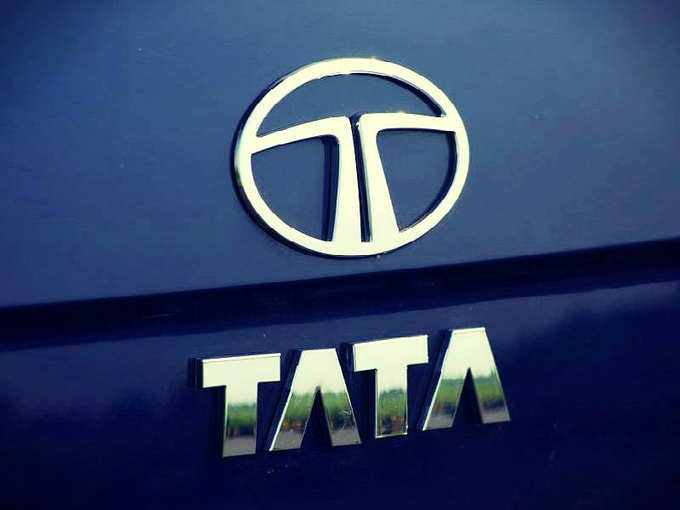
Legally there seem to be no lapse on the part of
However there is a bigger question that needs to be addressed. The conduct of unlisted promoter entity has serious and direct impact on minority shareholders of listed entity. Thus it is not good enough to say these issues are not linked and Tata Sons can go about its business purely based on the fact that it is an unlisted entity thus not accountable to Corporate Governance regulations.
The second issue to focus on is the boards of the listed entities and how they would deal with a Chairman who is not wanted by the primary promoter entity.
Independent directors have far been more dependent rather than independent across the world. This incidence will put this question right in the center of the debate at least in India -Do independent directors in listed entities have a say and can they really protect a minority shareholder’s interest.

Vineet Nayar of HCL
With conflict within family in the promoter entity a likely scenario in a multi generation families, it is time to evolve tighter governance at that level at least from the perspective of information flow and transparence in decision making that impacts the minority shareholders, employees and customers of the listed entity. If the key decisions are taken by the promoter entity as in this case of Tata Sons and Tata Trusts and not at the level of the Board of the listed entity-this debate is urgent and important.
Family run companies are a great asset to long term thinking of a company. India has been built around such family businesses and I am a big supporter of this model. Thus we definitely need to preserve that strength and add to it a governance layer so that it continues to deliver results for all stakeholders and the trust in such instructions grows with time.
So what would happen to the Tata
(This article is written by Vineet Nayar. The author is the former VC and CEO of HCL Technologies. He is now the Founder and Chairman of Sampark Foundation)